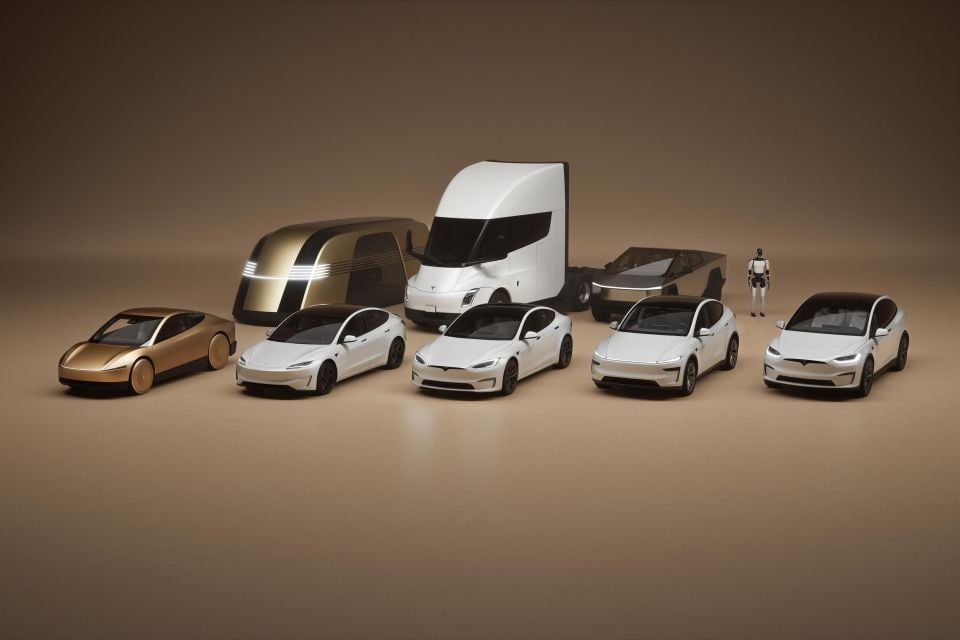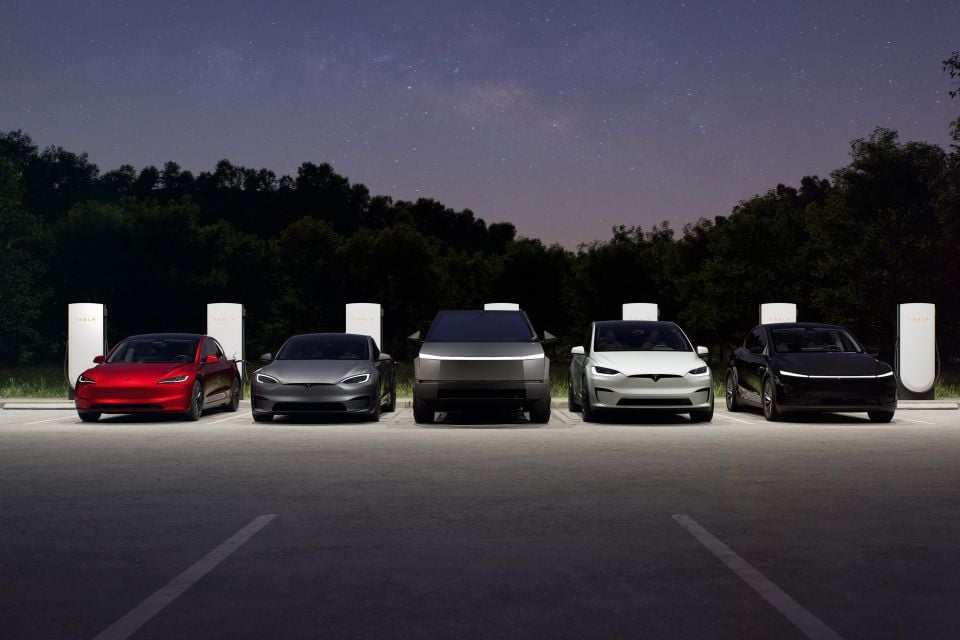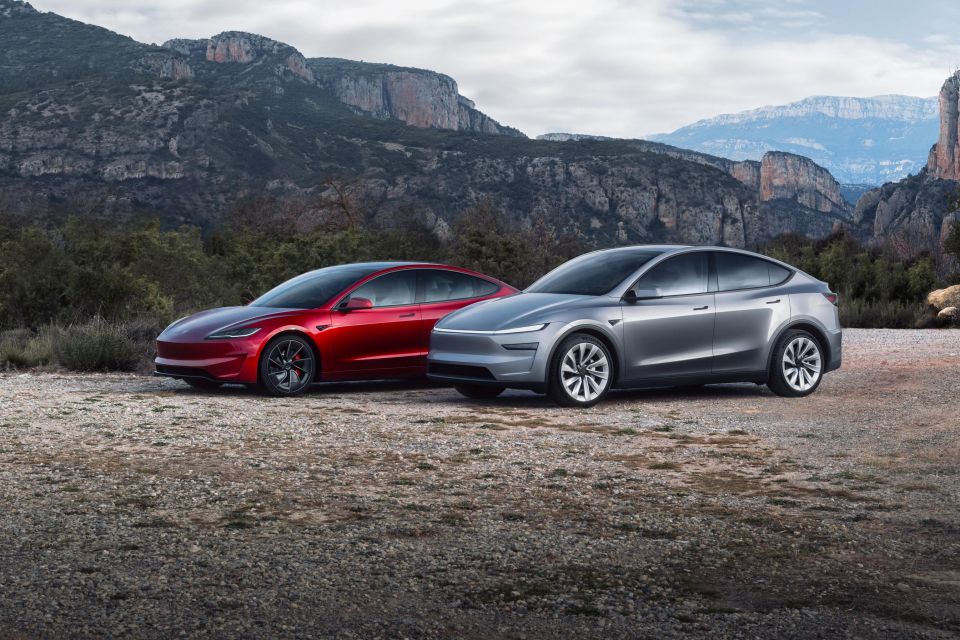The relationship between the world’s richest man and the leader of the United States has rapidly and publicly deteriorated, and the latter says a dispute over electric vehicle (EV) subsidies is at the heart of it.
“Elon [Musk] was “wearing thin,” I asked him to leave. I took away his EV Mandate that forced everyone to buy Electric Cars that nobody else wanted (that he knew for months I was going to do!), and he just went CRAZY!” US President Donald Trump posted on his social media network Truth Social earlier today.
“The easiest way to save money in our Budget, Billions and Billions of Dollars, is to terminate Elon’s Governmental Subsidies and Contracts. I was always surprised that Biden didn’t do it!”
President Trump’s social media posts came shortly after Tesla CEO Elon Musk took to his own social media platform X overnight to oppose a piece of legislation the president is trying to have passed in Congress.
He called on legislators to “kill the bill” that he said will grow the country’s deficit to US$2.5 trillion (~A$3.85 trillion).
After President Trump’s Truth Social rebuttal, Mr Musk posted: “Such an obvious lie. So sad.”.
Hundreds of new car deals are available through CarExpert right now. Get the experts on your side and score a great deal. Browse now.

The Tesla CEO, who last Friday completed his term as a special government employee leading massive cost-cutting initiatives across the government, also re-shared a clip of himself from 2021 calling for EV subsidies to be scrapped, along with subsidies for oil and gas companies.
He reiterated this earlier today, arguing President Trump’s Republican party should “keep the EV/solar incentive cuts in the bill, even though no oil and gas subsidies are touched (very unfair!!), but ditch the MOUNTAIN of DISGUSTING PORK in the bill”.
Buyers of new EVs in the US can currently receive a full tax credit of US$7500 (A$11,550), provided the vehicles meet certain battery component requirements.
Should the One Big Beautiful Bill Act pass in its current form, this tax credit – which depending on buyers’ incomes, applies to certain Tesla Model 3, Model Y and Cybertruck vehicles – will be repealed.
The drama has continued to unfold in the media and on X, with Mr Musk accusing President Trump of being in the Epstein Files – referring to files on deceased financier and sex trafficker Jeffrey Epstein – and appearing to support the impeachment of the president and the formation of a new political party.

But looking back to the EV subsidies, which are much more pertinent to an automotive website, and finance institution JP Morgan said in a note to clients on Thursday that it estimated the loss of the EV tax credit could cost Tesla around US$1.2 billion (~A$1.85bn) annually.
The public feud has already corresponded with an almost 15 per cent fall in the Tesla share price, wiping around US$150 billion (~A$231bn) from its value – the biggest hit to its market cap ever, pushing it below the US$1 trillion (~A$1.54 trillion) mark.
This comes after Tesla’s financials have also taken a hit.
In the first three months of 2025, Tesla posted an operating income of US$399 million (A$624 million), down 66 per cent on the first quarter of 2024.
Mr Musk also said earlier this month the success of Tesla can be measured by its stock value, not its sales figures, which he used as evidence showing the automaker’s difficulties have already been overcome despite well-publicised declines.

“Our sales our doing very well at this point; we don’t anticipate any sales shortfall, and – you know – honestly, the stock market recognises that, we’re now back over US$1 trillion [A$1.54 trillion] in market cap, so clearly the market is aware of the situation,” he said.
Following the US election, Tesla stock prices reached record highs of almost US$480 per share, however, this then dropped to about US$220 before recently starting to rise once again.
At market close on Thursday, shares were sitting at US$284.70 (A$438).
“We’ve lost some sales on the left, but we’ve gained them on the right – we see no problem with demand,” said Mr Musk in May.
Tesla has posted declines in markets including China and Australia in recent months.
Perhaps the most worrying sign for Tesla is in Europe, where its sales plunged by 38.8 per cent when comparing January to April 2025 with the same period last year, according to data from the European Automobile Manufacturers Association.
The only brands to post a bigger decline were Lancia/Chrysler, Smart and Jaguar.

